The Glass Veil: Seven Adventures in Wonderland
Summary
Excerpt
Table Of Contents
- Cover
- Title
- Copyright
- About the Editors
- About the Book
- This eBook can be cited
- Contents
- Introduction
- References
- List of Illustrations
- Acknowledgments
- 1. Essays
- Intimacy Unveiled: Suzanne Anker
- From Apocalypse to Analogy
- Transforming Life
- References
- List of Illustrations
- Through the Looking Glass: Encounters with Suzanne Anker’s Wonderlands: Sabine Flach
- I. Making is Thinking – Art as Knowledge
- II. “We can know more than we can tell”
- III. Ars Quaerendi – The Art of Asking Questions
- IV. Synechein – The Art of Interweaving
- References
- List of Illustrations
- 2. Dialogues
- Dialogue I: The Glass Veil: Suzanne Anker & Sabine Flach
- References
- List of Illustrations
- Dialogue II: The Butterfly in the Brain / Rorschach: Suzanne Anker & Sabine Flach
- References
- List of Illustrations
- Dialogue III: Origins and Futures / Stem Cells: Suzanne Anker & Sabine Flach
- References
- List of Illustrations
- Dialogue IV: Laboratory Life / Genetic Seed Bank: Suzanne Anker & Sabine Flach
- References
- List of Illustrations
- Dialogue V: Biota / Carbon Collision of the Diamond Mind: Suzanne Anker & Sabine Flach
- References
- List of Illustrations
- Dialogue VI: Astroculture (Shelf Life): Suzanne Anker & Sabine Flach
- References
- List of Illustrations
- Dialogue VII: Vanitas (in a Petri Dish) / Remote Sensing: Suzanne Anker & Sabine Flach
- References
- List of Illustrations
- Epilogue: Suzanne Anker & Sabine Flach
- References
- List of Illustrations
- 3. Appendix
- Mendell’s Meltdown: Suzanne Anker
- List of references
- Errata/Erotica: Suzanne Anker
- Variant of Measurement
- Variant of Movement
- Egg Not Silent Partners In Conception
- List of references
- Synthetic Abandon: Suzanne Anker
- List of references
- Viruses and Pearls: The Materialization of Culture: Suzanne Anker
- List of references
- List of illustrations
- Biographies: Suzanne Anker

Figure 1. Suzanne Anker, The Glass Veil (In and Out of Time), 2009. Inkjet print on sintra, 76 x 96 in (193 x 243.84 cm). Installation view of The Glass Veil at Berliner Medizinhistorisches Museum der Charité, Berlin, Germany, 2009. Photograph by Suzanne Anker. ← 8 | 9 → ← 9 | 10 → ← 10 | 11 →
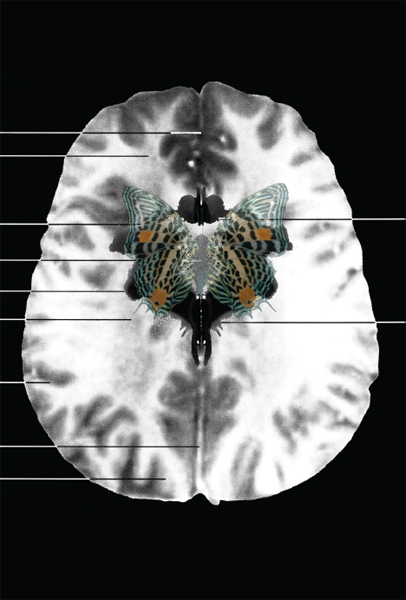
Figure 2. Suzanne Anker, MRI Butterfly #4, 2008. Archival inkjet print on paper, 13 x 19 in (33 x 48 cm). ← 11 | 12 → ← 12 | 13 →
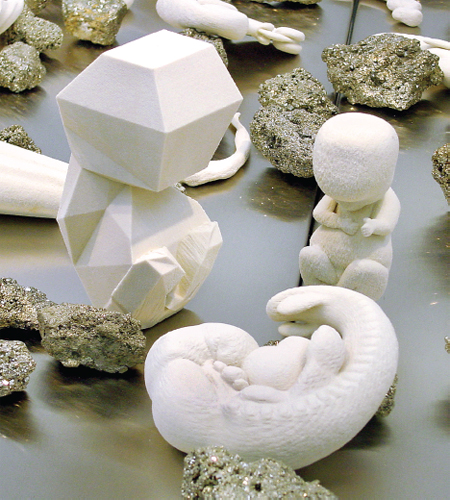
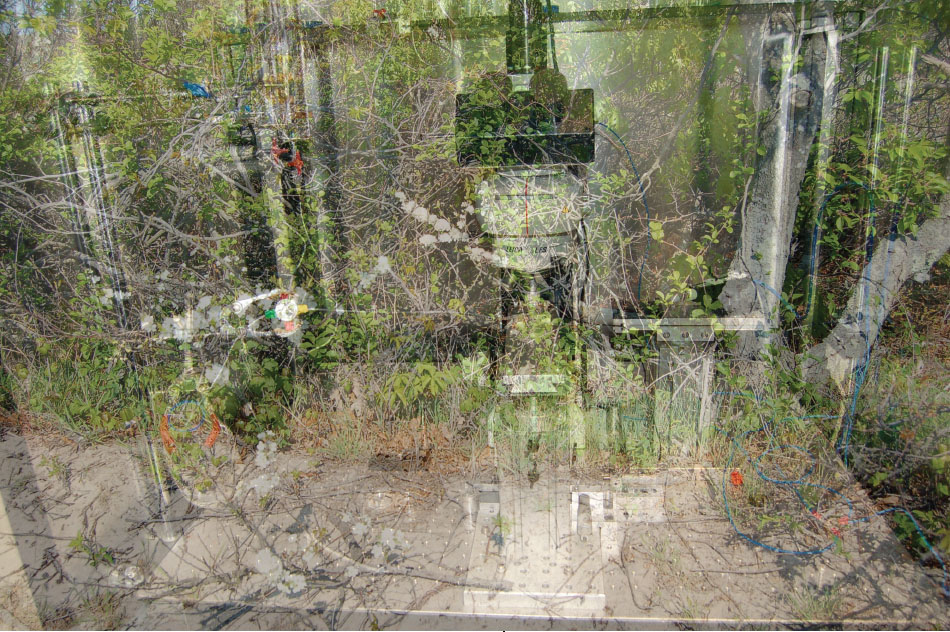
Figure 4. Suzanne Anker, Laboratory Life (Bug Eye), 2006. Archival inkjet print on paper, 24 x 36 in (61 x 91.5 cm). ← 14 | 15 → ← 15 | 16 →
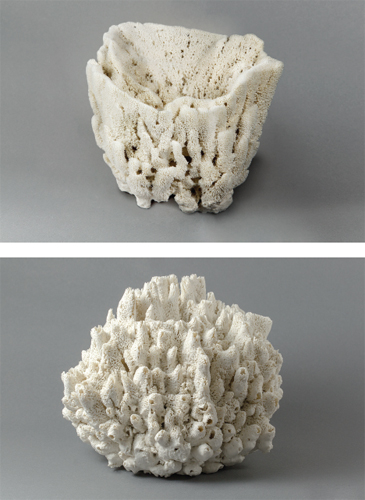
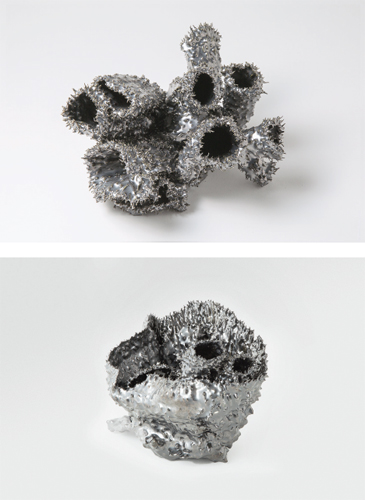
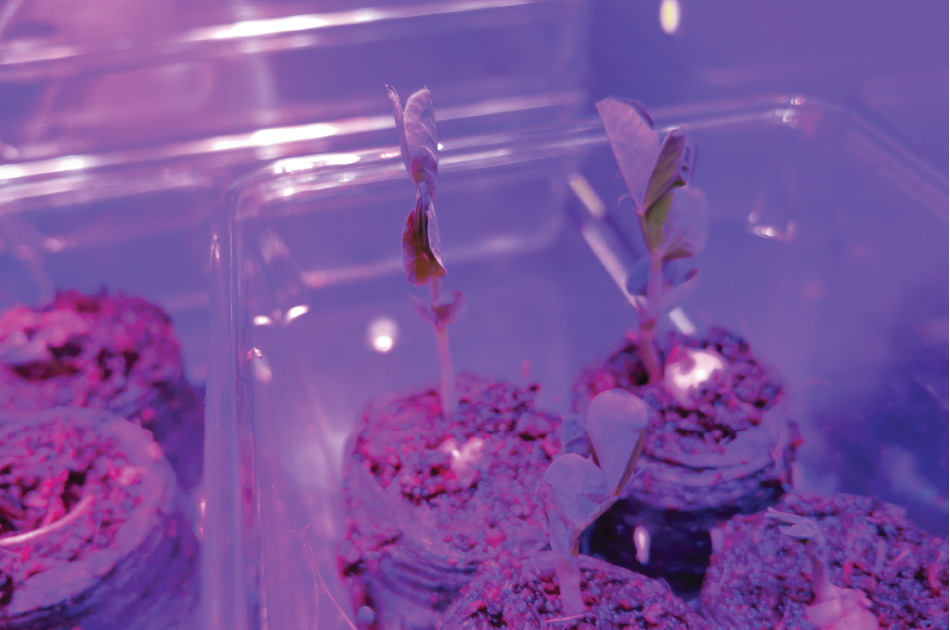
Figure 7. Suzanne Anker, Astroculture (Shelf Life) II, 2014. Installation view of [macro]biologies II: organisms, Art Laboratory, Berlin, 2014. Photograph by Suzanne Anker. ← 18 | 19 → ← 19 | 20 → ← 20 | 21 →
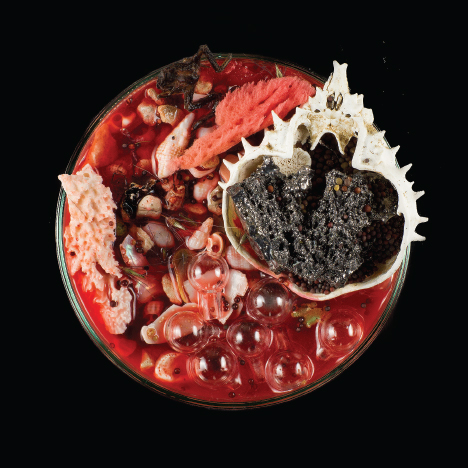
Figure 8. Suzanne Anker, Vanitas (in a Petri Dish) #10, 2013. Archival inkjet print on paper, 44 x 44 in (111.7 x 111.7 cm). ← 21 | 22 → ← 22 | 23 →
Introduction
The Glass Veil: Seven Adventures in Wonderland traces the coordinates, influences and investigations of Suzanne Anker’s body of work from 2002 through 2014. The volume is not intended to be a comprehensive survey, but instead a dialogue between Suzanne Anker and Sabine Flach, an artist and art historian, respectively. Garnering a friendship that was sparked at an international conference of the Society for Literature, Science and the Arts (SLSA) in Amsterdam in 2006, we have continued to work together on various projects, of which this is one. Our evolving friendship has brought forth this book series Art / Knowledge /Theory that contains this volume. Other books in our series to date include Embodied Fantasies: From Awe to Artifice and Mika Elo and Miika Luoto’s Senses of Embodiment: Art, Technics, Media. Future publications will include: Frank Gillette: Axis of Observation.
In this volume, we investigate the nature of perception and phenomenology as it applies to image-making processes inherent in the current intersections between the visual arts and biological sciences. As an interdisciplinary project, our own methodologies form a nexus underscored by those of art history, art theory, and philosophy. Connecting theory and practice, as we have learned from Gustave Flaubert’s insightful short story Bouvard et Pécuchet, does not always line up congruently. In this fanciful story, the two protagonists retire from their positions as copy-clerks and move to the country to engage their passion – the pursuit of obtaining knowledge. No matter what they learn, theory’s application to practice meets with failure, again creating a disparity between the two. However, it is this productive difference that is of significance to us. Like improvisational cooking or perceptual drawing or tableau photography, there are always variations and permutations involved in “making,” even when the same set of materials or apparatuses are employed. Such subjective awareness and its intersubjective resonance is what guides our research.
An approach such as this one is central to what is comparable between thought and action. Does this dualistic model of the oft-cited “two cultures” remain a sustainable consideration or, alternately, has it become an historical myth? After all, the arts and the humanities have always worked empirically, just like the natural sciences. We can also clearly state that art can employ materials, media and techniques similar to those adapted for science and yet result in distinctly different outcomes. Works of art are not exhausted by the simple appropriation of ← 23 | 24 → “external” fields of knowledge such as biology and its allied technologies. In this regard they have capabilities that are not limited to mere critiques of ideology or subversive affirmations. These comparisons, or so we argue, presuppose a specific knowledge that is characteristically inherent in art, a knowledge that is irreducible. In other words, the genuine and productive accomplishments of art are the focus of this volume.
However, we also believe that affinities between these subjects are not the sole interest for these comparisons. By similarities we mean those trends in current debates revealing relationships between the arts, humanities and sciences. These considerations often rest on a problematic attempt to de-differentiate their distinct practices. Our methods and modes of inquiry do not seek to create a homogeneous space, but one of overlapping territories. Clichéd analogies comparing aesthetic elements such as beauty or creativity as aspects of each field have been overstated. As predominant as this comparison between art and science is, to attempt to link both fields in this manner is, in our view, extremely imprecise. Moreover, the practice of equating artistic products with scientific production renders the working methods in both fields strangely banal.
In the quest for pre-conceptual signs of creative activity, archetypes are formulated that predate the divided history of art and science and endeavor to reveal, in current discourses, the supposed unified aspirations of both. All too often art is ascribed as a humanistic activity that can make science more contemplative. In contrast to such problematic positions, we believe exchanges between the arts and sciences should initially focus on differences, not with the intention of drawing boundaries between the two fields, but with the goal of putting these distinctions to productive use. The objective is to formulate fundamental questions and marked solutions. After all, there is little sense in attempting to “define away” their methodological and epistemological disparities. Only then can we answer the question as to what epistemic status an artistic process is, in comparison to pure scientific research. What epistemic surplus might the arts presumedly have in correlation to scientific study? Our main goal is to specify the function of art asymmetrically, as art in relation to science, and to see art as something more than a mere medium of reflection.
As the title suggests, we have sought to invoke wonderland. In conceptual and imaginary terms, wonderland is a place where the extraordinary occurs. Far from utopian promises, wonderland is a morphing entity, sometimes even raucously out of control. From early investigations into the Wunderkammer to current discourses into speculative realism, wonder is an engine of fusion between lived experience and that which lies beyond. Conflating the ordinary with the supernatural has been evident in literature and film, especially since Mary Shelley’s invocation of the classic Frankenstein; or The Modern Prometheus in 1818. Contemplating nature as a pantheistic form of godliness has engaged in ← 24 | 25 → tellectuals from Spinoza to Emerson and Thoreau to name a few. Viewing nature as a data bank of resources yet to be untapped has, of course, met with repercussions that are severe and outlandishly frightening. From Chernobyl to global warming, we have witnessed the consequences of “unintended consequences.” If wonderland is to be invoked, it is this time as a reclamation project, a reordering reverence for life’s unbounded quarry, but not without stupendous awe for its Janus-faced darker side.
The influence of the biological sciences on contemporary art continues its journey from the Paleolithic eruption of human/animal hybrids through periods of the grotesque and Romanticism and beyond, where nature’s imprimatur moves from representation to materiality to modernism and beyond. Such an overarching idiom is one that carries with it the enormity of discourses beginning, at least, with Aristotle. Present day contributors to these discussions are numerous and include Barbara Maria Stafford, Martin Kemp, Donna Haraway, Bruno Latour, Sarah Franklin, Vilém Flusser among others. It is within this vein of articulation that we direct our persuasions.
This ongoing dialogue also includes discourses in Bio Art, Bio Design and Bio Architecture. William Myers's recent text BioDesign: Nature + Science + Creativity, published by the Museum of Modern Art in New York City in 2012, broadens this concept. In addition, leading-edge advances in three-dimensional software programs contribute to visualization techniques fundamental to the output of novel materials and imaginary forms. A search in DIY Biology, a grassroots movement similar to computer hacking in the 1990s, is responsible for the start-ups of many community bio-labs internationally. Many of these projects and manifestations look towards the cell as the underlying ore where the potential for altering life is most pronounced. Current investigations into synthetic biology represent a significant change in how life itself can be conceptualized and even reconfigured.
Details
- Pages
- 222
- Year
- 2015
- ISBN (PDF)
- 9783035108149
- ISBN (ePUB)
- 9783035199710
- ISBN (MOBI)
- 9783035199703
- ISBN (Softcover)
- 9783034311014
- DOI
- 10.3726/978-3-0351-0814-9
- Language
- English
- Publication date
- 2015 (March)
- Keywords
- Representation Bio Art Art reality Visual Represenation
- Published
- Bern, Berlin, Bruxelles, Frankfurt am Main, New York, Oxford, Wien, 2015. 222 pp., 103 fig. col., 14 fig. b/w.

